The history of medicinal wine is long and it has the function of promoting blood circulation, relieving pain, and dispelling rheumatism. Many people like to make their own medicinal wine at home. So how should medicinal wine be prepared and what precautions should be taken?
1. Choice of alcohol
It is generally recommended to use alcohol with a strength of 50 degrees or above because alcohol with a strength of 50 degrees or above can kill the bacteria, harmful microorganisms, parasites, and eggs that may be attached to the medicinal herbs during the soaking process, making it safe to consume.
2. Selection and processing of medicinal herbs
First, crush or cut the purchased medicinal herbs, then soak them in cold water to wash away dirt and prevent the herbs from absorbing too much alcohol. Then, take them out and put them in a glass bottle or jar, pour in white wine, ensuring that the medicinal herbs are completely submerged. Finally, seal the bottle tightly and shake it several times a day to fully extract the active ingredients of the herbs. The medicinal wine can be consumed after soaking for half a month. For some precious medicinal herbs, the wine can be soaked multiple times after consuming it.
Soaking Chinese herbs in alcohol can extract many active ingredients that cannot be extracted by water alone. Therefore, medicinal wine has better nourishing and therapeutic effects compared to traditional Chinese herbal decoctions. However, medicinal wine is different from regular alcohol. Except for tonic medicinal wines, it should be taken according to the prescribed course and dosage and stopped after recovery.
The recommended dosage for medicinal wine is 30-50 milliliters per serving, depending on the individual's tolerance to alcohol. For those who are not accustomed to drinking alcohol, the medicinal wine can be mixed with wine, rice wine, or cold water and consumed in the appropriate amount. Although medicinal wine contains alcohol, the concentration is not high and the dosage is small, so it generally does not have side effects. Drinking a small amount can increase the secretion of saliva and gastric juice, which helps with digestion and absorption in the gastrointestinal tract.
People with liver or kidney diseases, hypertension, allergies, or skin diseases are advised not to consume medicinal wine. If they need to consume it, they should dilute it with more water and boil it in a pot to remove most of the alcohol before drinking.
Animal-derived medicinal herbs should have their internal organs and impurities removed, and be washed with clean water (poisonous snakes should have their heads removed). They should be roasted in a stove or oven until a slight aroma is emitted. Roasting not only removes moisture but also sterilizes the herbs, and maintains the alcohol concentration in the soaked wine. It also helps dissolve the active ingredients into the wine, providing a rich and mellow taste when consumed.
3. Soaking time for medicinal wine
Some ancient formulas or folk sayings suggest soaking medicinal wine for several months to over a year. However, I believe this is unnecessary. Generally, soaking for one month is sufficient. Sometimes, to speed up the release of active ingredients, the herbs can be chopped before soaking, disregarding aesthetics.
In addition, the temperature has a direct impact on the soaking time of medicinal wine. Higher temperatures require shorter soaking times, while lower temperatures require longer soaking times.
4. Precautions for medicinal wine
1. Glass bottles or ceramic jars are preferred as containers for soaking wine. Metal containers should be avoided to prevent the release of toxic substances or toxic chemical reactions.
2. Any animal-derived medicinal herbs that have deteriorated or become moldy should be discarded and not used.
3. Plant-based medicinal herbs should be cleaned as much as possible to remove impurities and mud. The herbs to be soaked should be relatively dry to ensure the efficacy of the medicinal wine.
4. Furthermore, mineral-based medicines containing toxic ingredients such as mercury, arsenic, chromium, lead, etc. should not be used for making medicinal wine. Several emperors in ancient China, such as Emperor Taizong of the Tang Dynasty, died from consuming elixirs and medicinal wines containing lead and mercury in their pursuit of longevity!




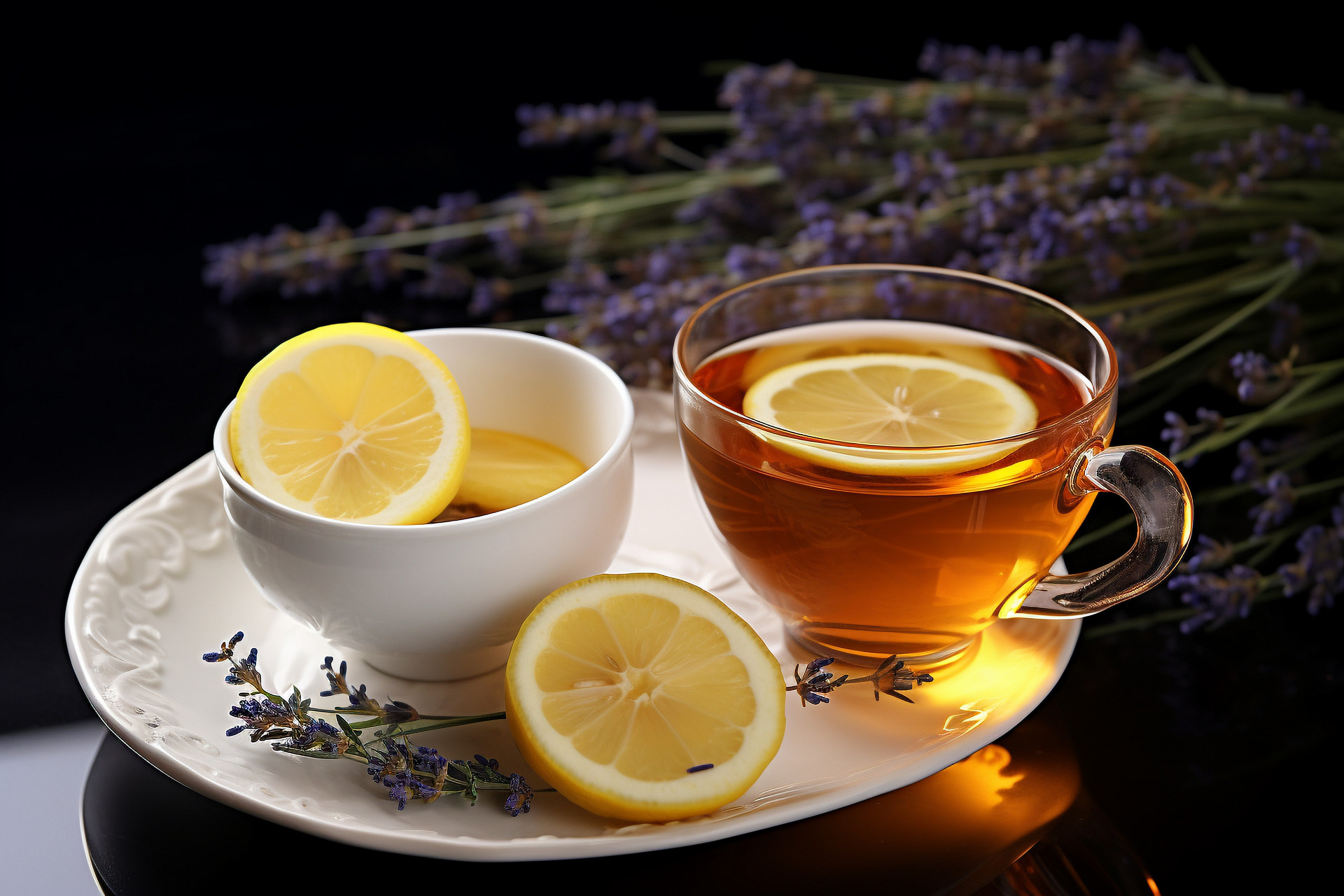
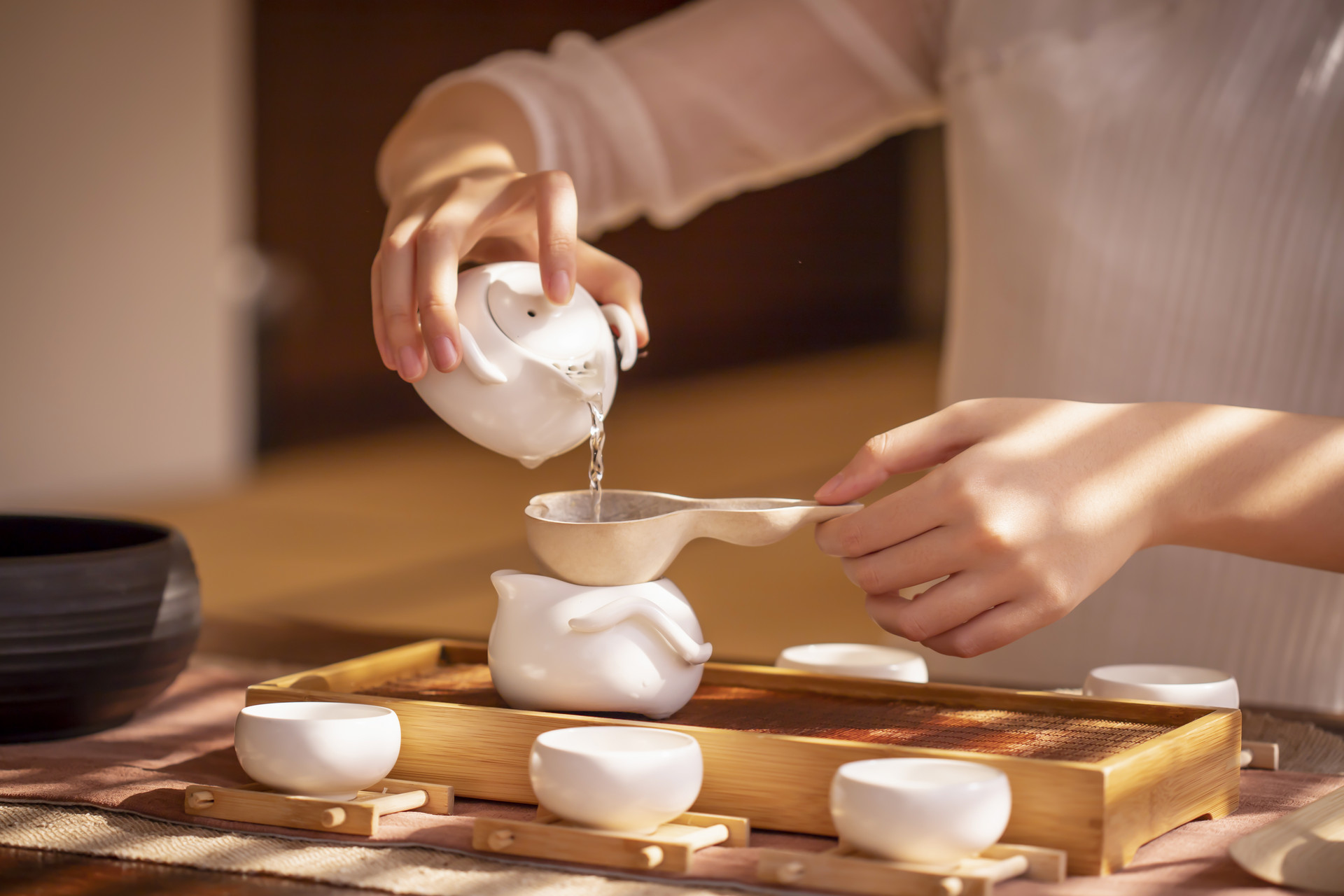
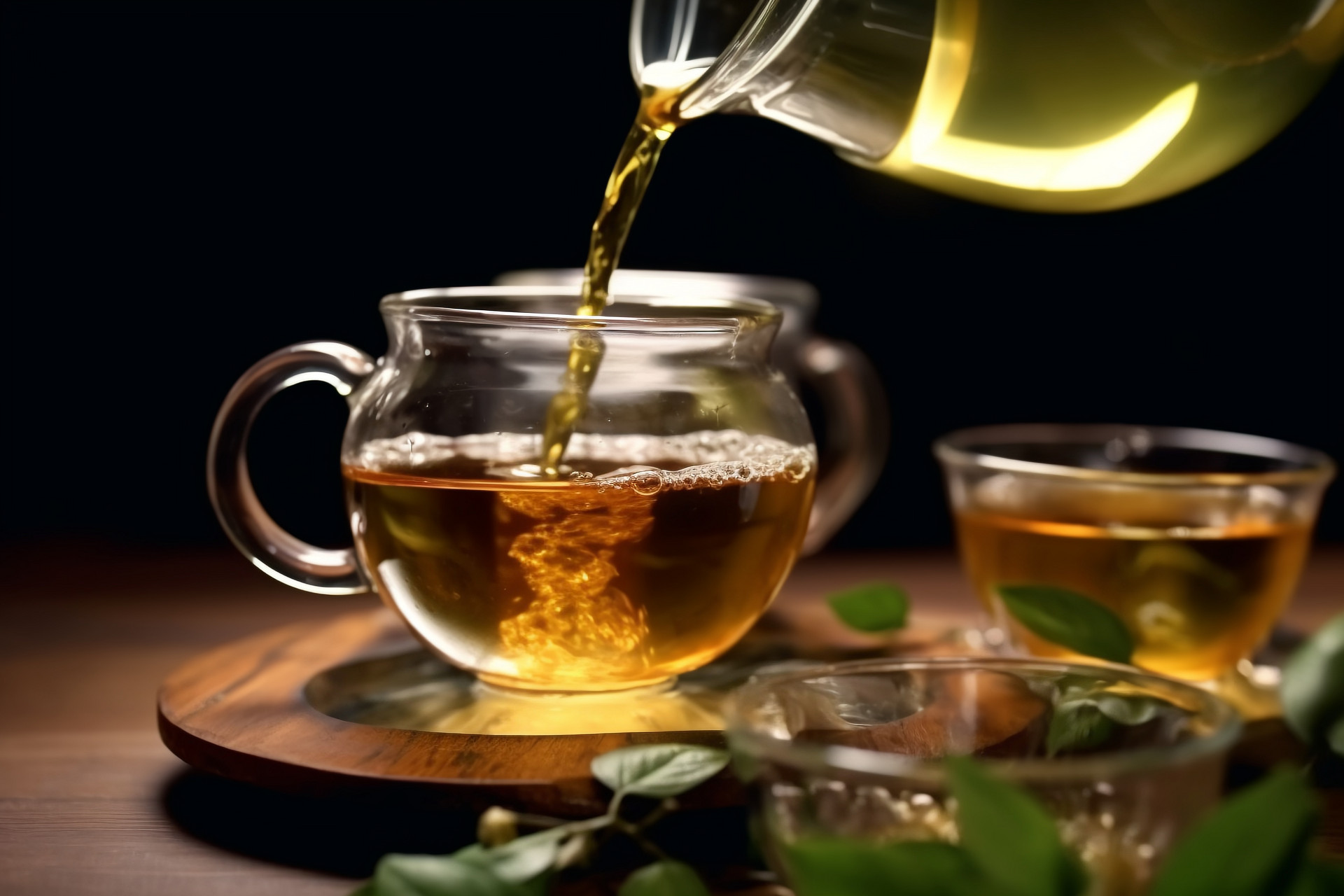

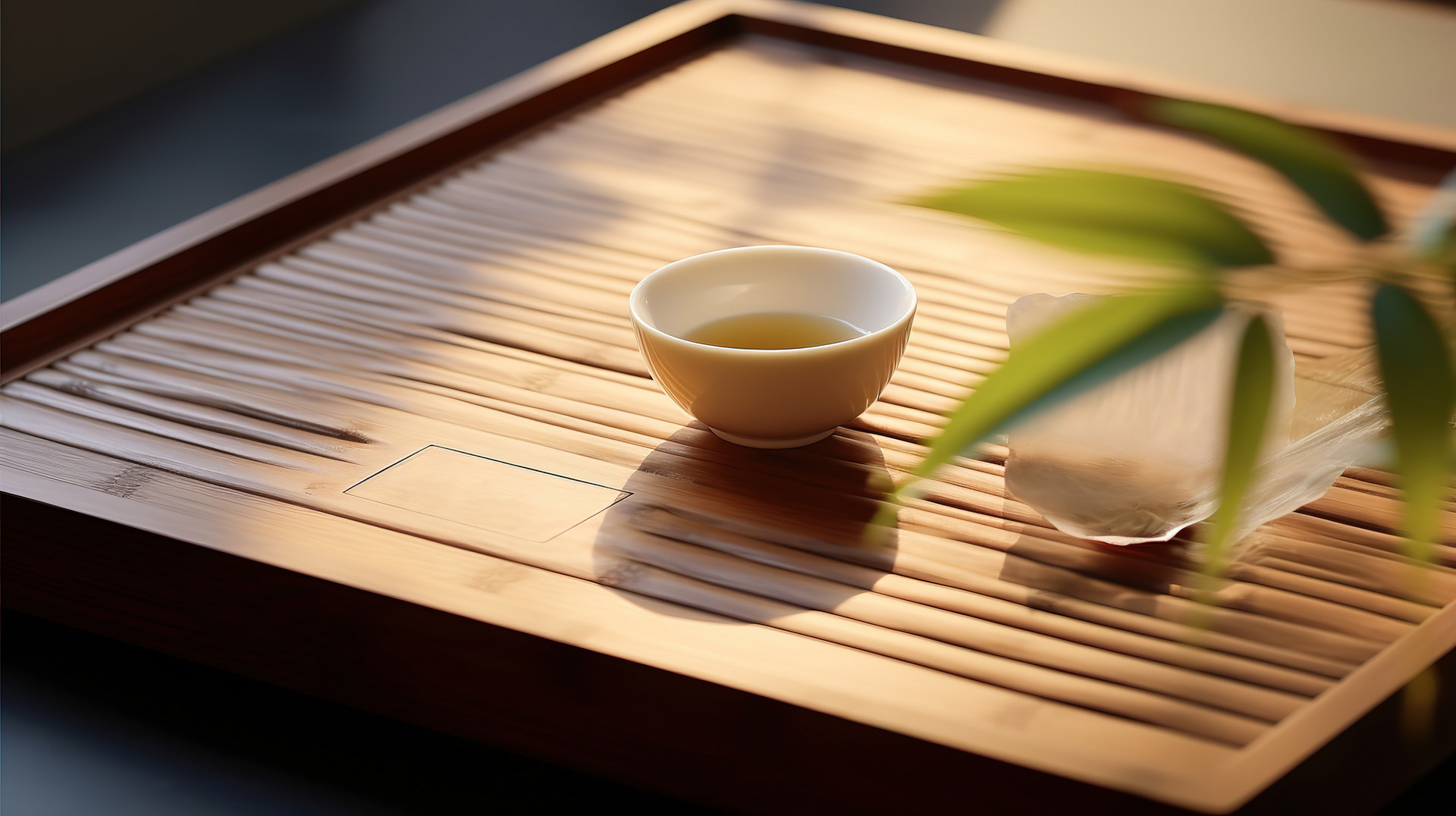
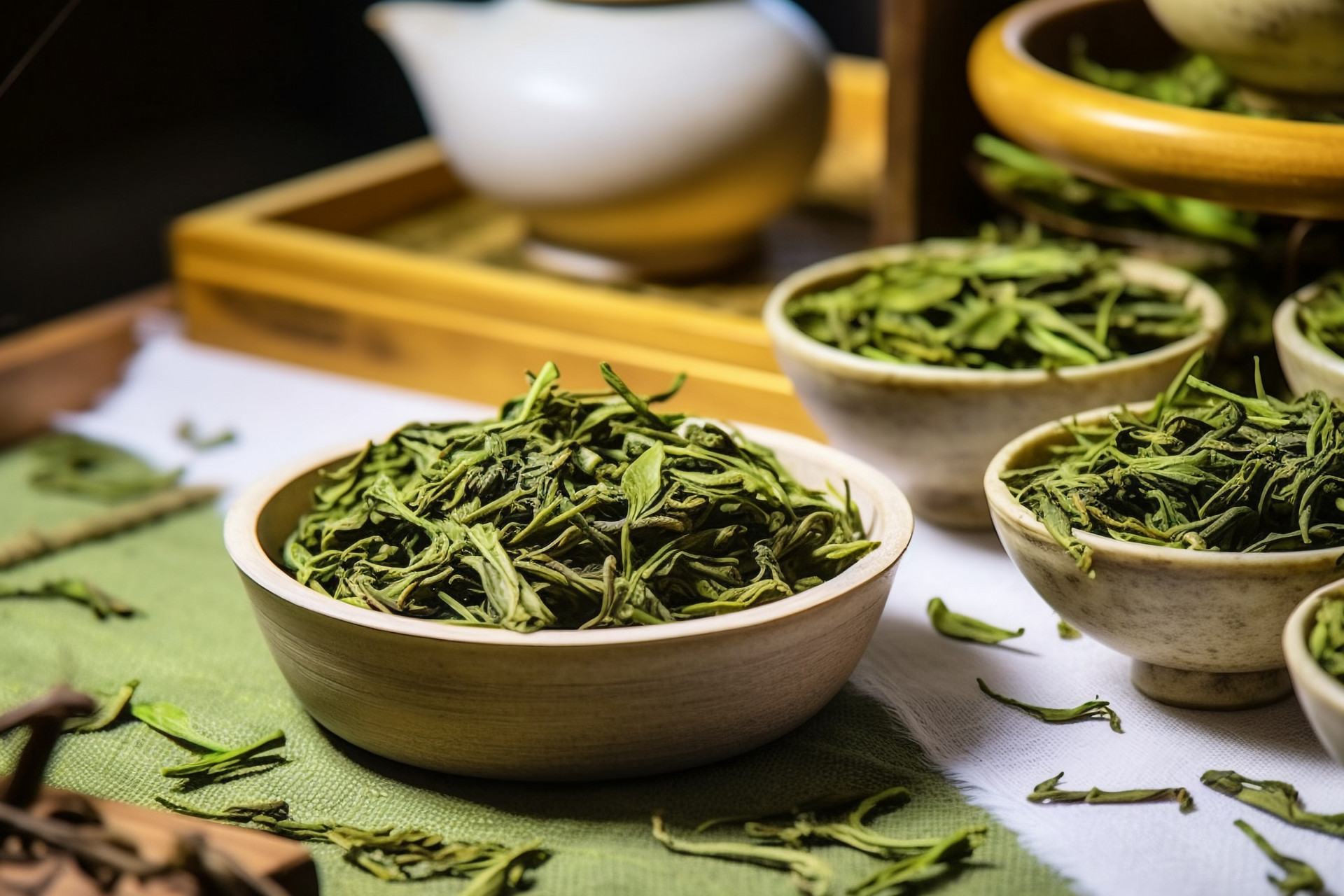
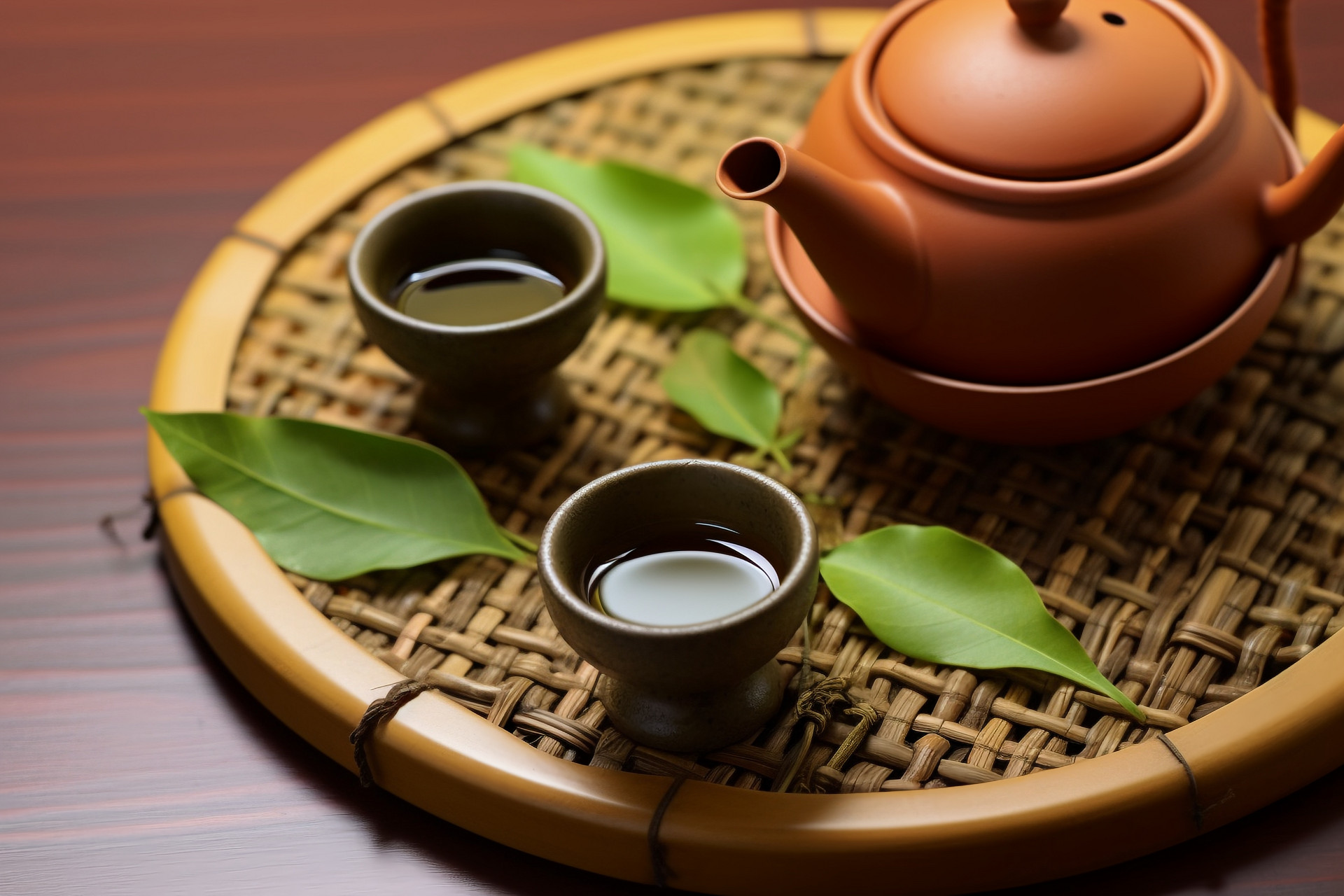
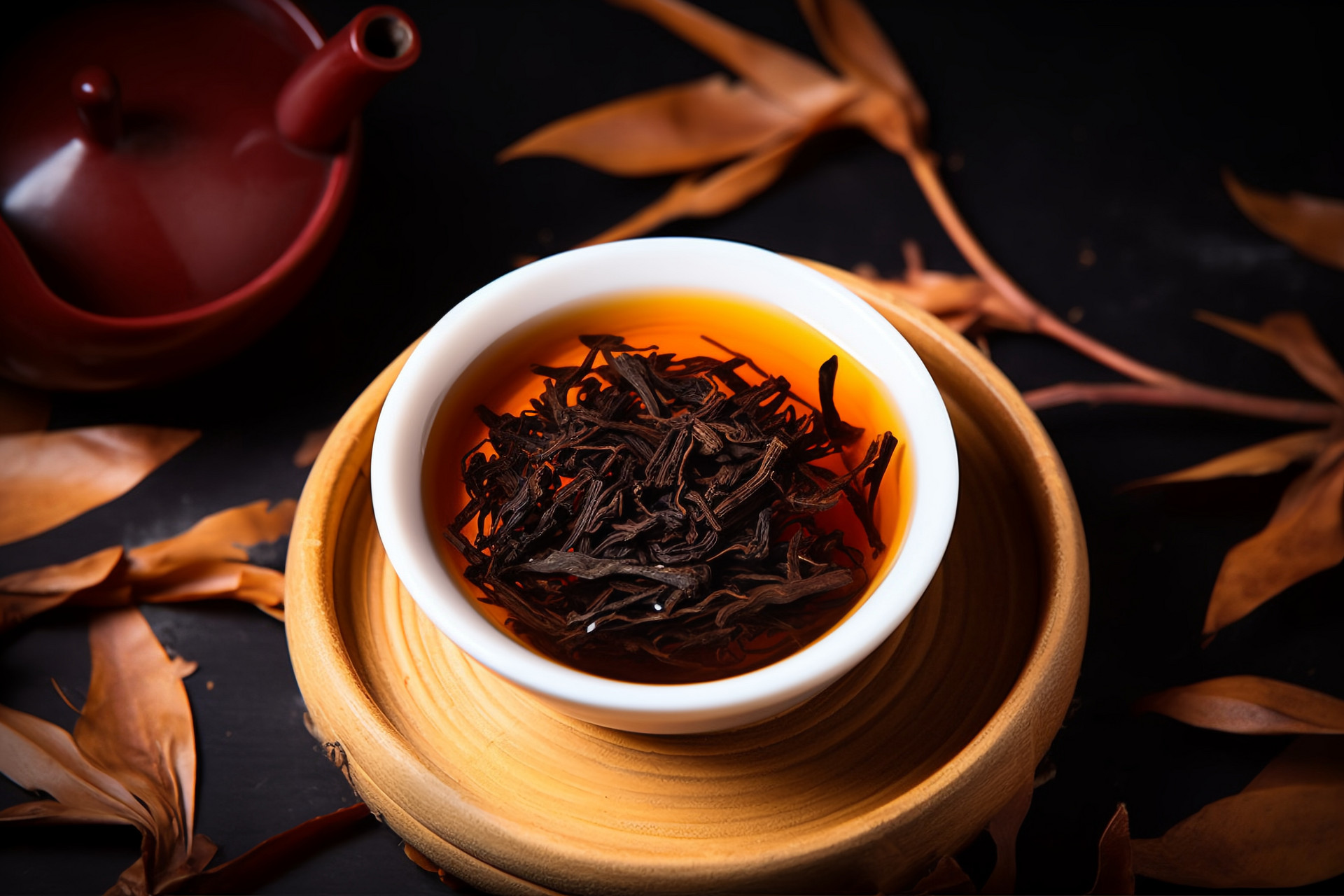
![[Herbal Wine Recipes for Health and Beauty]](https://tcmmaintenance.com/uploads/20240715/7241f6b6eafdaed88c28b26a37213964.jpg)